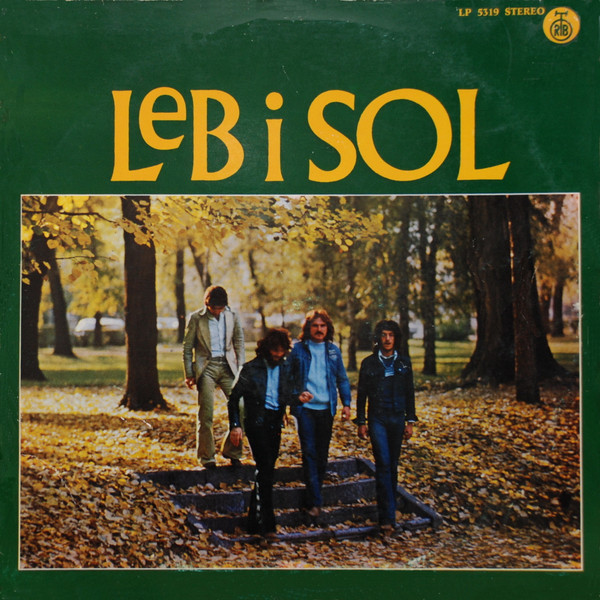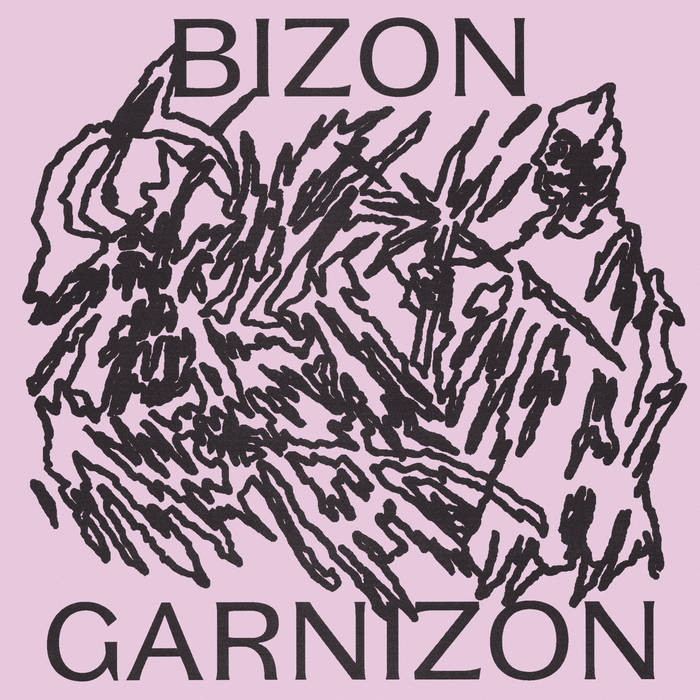In 1978, four young musicians from Skopje stepped onto the Yugoslav scene and offered something unlike anything else of the time. Calling themselves Leb i Sol — literally “bread and salt,” a phrase symbolising a traditional Macedonian welcome — the band carried that same sense of warmth into their music, inviting listeners into an entirely new sound world, one where Balkan folk tradition fused seamlessly with jazz-rock and fusion experimentation. At a time when Yugoslav rock was dominated by stadium-ready bands like Bijelo Dugme, this felt like something unconventional.
The lineup was stacked with talent: legendary guitarist Vlatko Stefanovski, bassist Bodan Arsovski, keyboardist Nikola Kokan Dimuševski, and drummer Garabet Tavitjan.
From the opening track, Devetka, you hear the band’s identity loud and clear. Built on a 9/8 folk rhythm, it’s hypnotic and soothing, almost cinematic in scope. Just when you think you know where it’s going, synths creep in and tilt the song into spacier, prog-like territory. That tension between tradition and 70s experimentation runs through the whole record.
Pod Vodom immediately picks up the pace, a whirlwind of jazz-rock fusion where Stefanovski’s guitar darts in and out of Arsovski’s tight basslines. The band plays with speed and fire, yet somehow keeps it all accessible — funky, playful, and bursting with life.
The first taste of vocals comes on Ultrinska Tema, a melancholic ballad where piano and Stefanovski’s guitar create a delicate counterpoint. The voice doesn’t dominate so much as deepen the mood, adding a human touch to the album’s otherwise instrumental journey.
Tracks like Kokoska and U Senci show the group at their most experimental. Kokoska opens with a drum solo before spiraling into a twisting, playful prog-fusion workout. U Senci, on the other hand, feels like a jam session caught between moments of anxious tension and calm release — a rollercoaster ride that never settles yet remains compelling.
Whenever the vocals return — as on Nisam Tvoj or Čudo Za Tri Dana — they’re sparse but striking. They carry a melodic melancholy that cuts through the instrumental chaos, giving the album its moments of intimacy. By the time Pesma o Sonji H drifts in, slow and nostalgic, you begin to feel the record isn’t just a showcase of virtuosity but a story of love, loss, and memory.
The finale, Damar, ties it all together. With a near-psychedelic groove, it bursts with energy, a celebratory track that feels like the light after a storm.
Leb i Sol’s debut is a daring record — intense, intricate, and full of surprises. But it’s not just a technical showcase; it’s soulful, deeply rooted in Macedonian musical tradition, and alive with emotion. Stefanovski’s guitar playing is immaculate, Tavitjan’s drumming relentless yet nuanced, and the whole band radiates synergy. More than forty years later, it still feels fresh, still feels welcoming — like bread and salt offered at the door.


